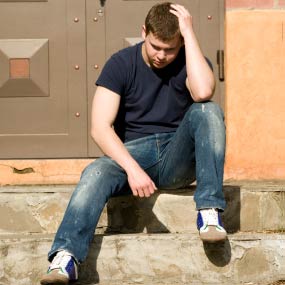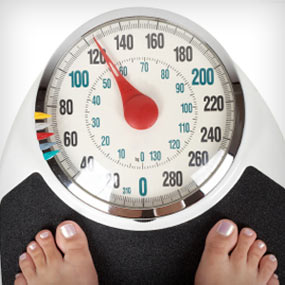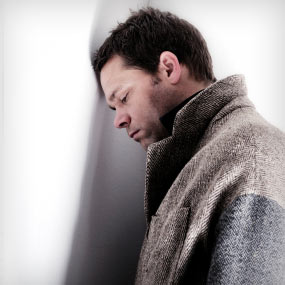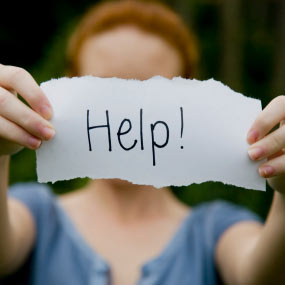The symptoms of this complex disorder can be difficult to recognize. Know how to tell the difference between a bad day and something more serious.
by Brian Krans
 Could It Be Depression?
Could It Be Depression?
Being unhappy isn't the same as being depressed. Depression is a term often used loosely to describe how we feel after a bad week at work or when we get dumped. But major depressive disorder – a type of depression – is much more complicated. The specific symptoms and signsdetermine whether it's depression or just a case of the Mondays.
Determining if persistent, unshakable feelings are a result of depression can start the process of eradicating them from your life. Click through this slideshow, and test yourself to see if it's time to see a professional.
 Changed Feelings
Changed Feelings
Major depression is a mood disorder that affects the way you feel about life in general. Having a hopeless or helpless outlook on your life is the most commonly associated symptom of depression. Other feelings may be worthlessness, self-hate or inappropriate guilt. Common, reoccurring thoughts of depression are vocalized as, "It's all my fault," or "What's the point?"

Lost Interest
Depression can take the pleasure or enjoyment out of things you love. A loss of interest or withdrawal from activities that you once looked forward to — sports, hobbies, or going out with friends — is yet another telltale sign of major depression. Another symptom of major depression is a decreased sex drive and even impotence.

Fatigue & Sleep
Part of the reason you might stop doing things you enjoy is because you feel so tired. Depression often comes with a lack of energy and an overwhelming feeling of lethargy, which can be the most debilitating symptoms of depression. This could lead to excessive sleeping or no sleep at all.
Depression is also linked to insomnia, as one might lead to the other and vice versa. They can also make each other worse. The lack of quality, restful sleep can also lead to anxiety, which is explained on the next page.

Anxiety & Irritability
Sure, Picasso's "Old Guitarist" might have summed up the depressed painter's emotions during his blue period, but often people with major depression see plenty of red. The physical and mental toll of depression also contributes to anxiety and irritability. Research shows men are more likely to show these signs because the sexes react differently to depression. Women are more likely to internalize their problems while men tend to externalize their feelings by blaming them on other people.

Appetite & Weight
Weight and appetite can fluctuate differently for each person with major depression. Some will have an increased appetite and gain weight while others won't be hungry and lose weight. A distinguishing factor to determine if the dietary changes are related to depression is whether they are intentional or not. If they're not, it's a clue that something larger is wrong.

Uncontrollable Emotions
One minute it's an outburst of anger. The next you're crying uncontrollably. Nothing outside of you prompted the change, but your emotions are up and down in a moment's notice. Depression can swing your moods around, keeping you away from the calm you so desperately want. Similar to another mood disorder — bipolar disorder — moods can fluctuate uncontrollably, which is one reason why the two are often confused.

Looking at Death
The scariest reality with depression is its connection with suicide. The uncontrollable emotions and sunken feelings often lead people to a permanent solution for a temporary problem. In fact, 90 percent of the more than 34,000 people that commit suicide in the U.S. each year have a diagnosable and treatable psychiatric disorder.
Suicides rarely come without showing symptoms first. Often people will talk about it or have a first attempt before succeeding in ending their life. If you or someone you know are suicidal, get help immediately or call the National Suicide Prevention Lifeline at 1-800-273-8255.

Getting Help
If you have had some of the previously mentioned symptoms for more than two weeks, you might be suffering from major depression disorder. Recognizing that you are depressed and finding the right information is pivotal to getting the right help.
Depression affects millions of people, but there are varying treatments available, from lifestyle changes to medications. No matter the path of treatment you choose, asking for help is the first step to getting back to feeling like yourself again.
Hey, I even have looking your article and that helped me to put in writing my article about calories in an apple you want to have a test on my article.
ReplyDelete